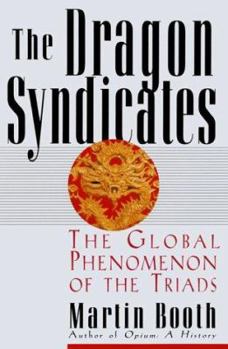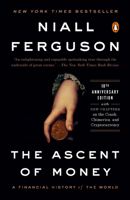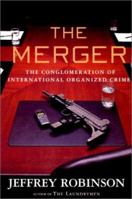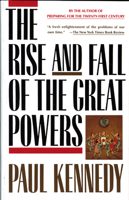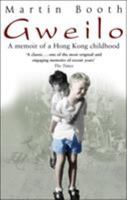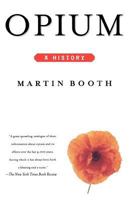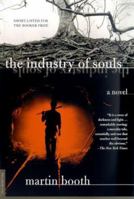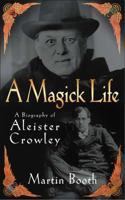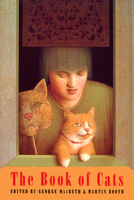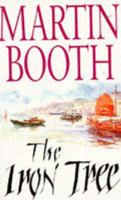The Dragon Syndicates: The Global Phenomenon of the Triads
Select Format
Select Condition 
You Might Also Enjoy
Book Overview
Customer Reviews
Rated 5 starsMartin Booth- The Dragon Syndicates: The Global Phenomenon o
Martin Booths "The Dragon Syndicates: The Global Phenomenon of the Triads" is a very comphrensive account of the Triads which starts with study of chinese history, and works its way all the way up to modern day Triad activity. This is a very informative type of read, at times may find it lengthy, but the author provides a very detailed account of the history of the Triads. The numerous accounts of secret societys of many types...
0Report
Rated 5 starsExcellent
This is an excellent book, giving a great insight into Triad culture and its history, and how both are intrinsicly linked to the Chinese mindset. At times it is a little dry, and especially for a Western reader, the names and locations can be introduced so expediently that you have to take a breath and put the names into perspective. However, it is a very solid background read and will have you wanting to read more into the...
0Report
Rated 5 starsInsightful and in-depth thesis of the Chinese underword
Despite the cosmetic and cultural differences that separate the varied multitudes of this earth, some basic precepts hold at the core of nearly all modern civilizations: a distribution system of goods and services, a military, a ruling elite. The presence of secret societies can also be considered among these standards: the banding of individuals to provide support and strength against the competitive wiles of foreigners...
0Report
Rated 5 starsCompelling History With Significant Current Impact
The "Dragon Syndicates" is well written, compelling reading and detailed without being ponderous. Mr. Booth writes not only about the Chinese Triads and the many crimes that support their membership around the world, but also of the history of these secret societies. From two thousand years ago, the author describes the beginnings of the Triads, the relationship they have had in the history of China as well as the rest...
0Report
Rated 5 starsA thrilling account of a true underworld empire
I have been an avid reader of books on true crime for quite a time. However, as far as books on organized crime went, until recently I concentrated on those dealing with the Mafia. I found this book almost by accident and thought for a long while. Certainly, I knew of the Triads, but was their full story worth reading? Eventually, I decided to buy Martin Booth's book. Dear heavens, what a good choice I made! The book proved...
0Report











